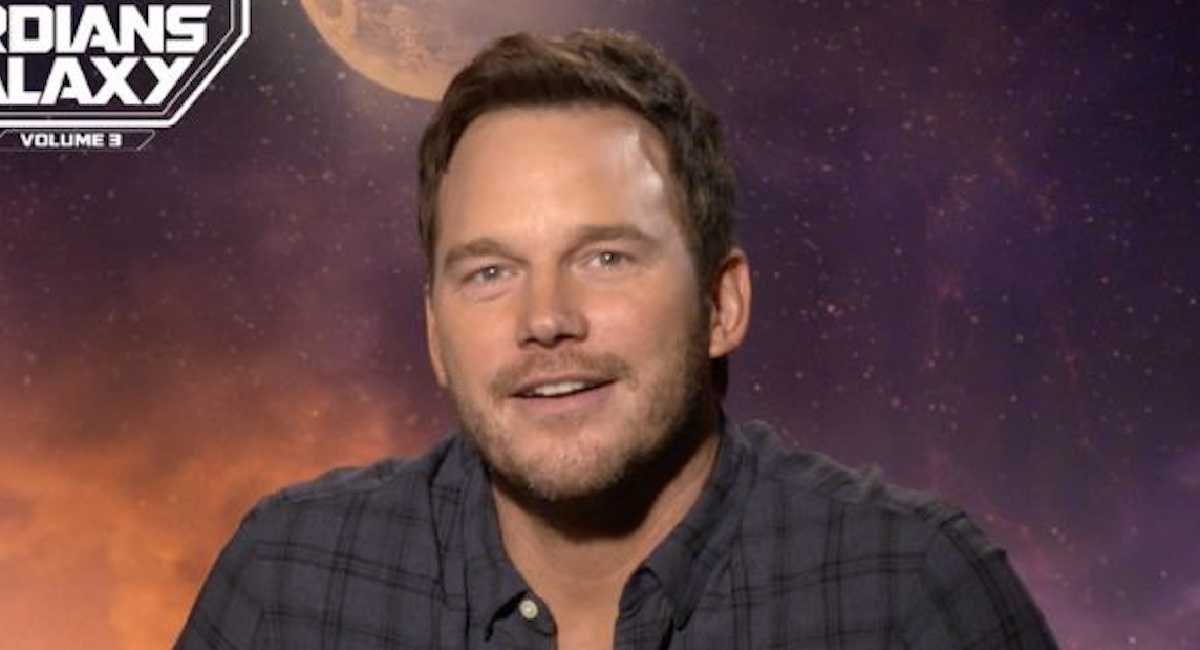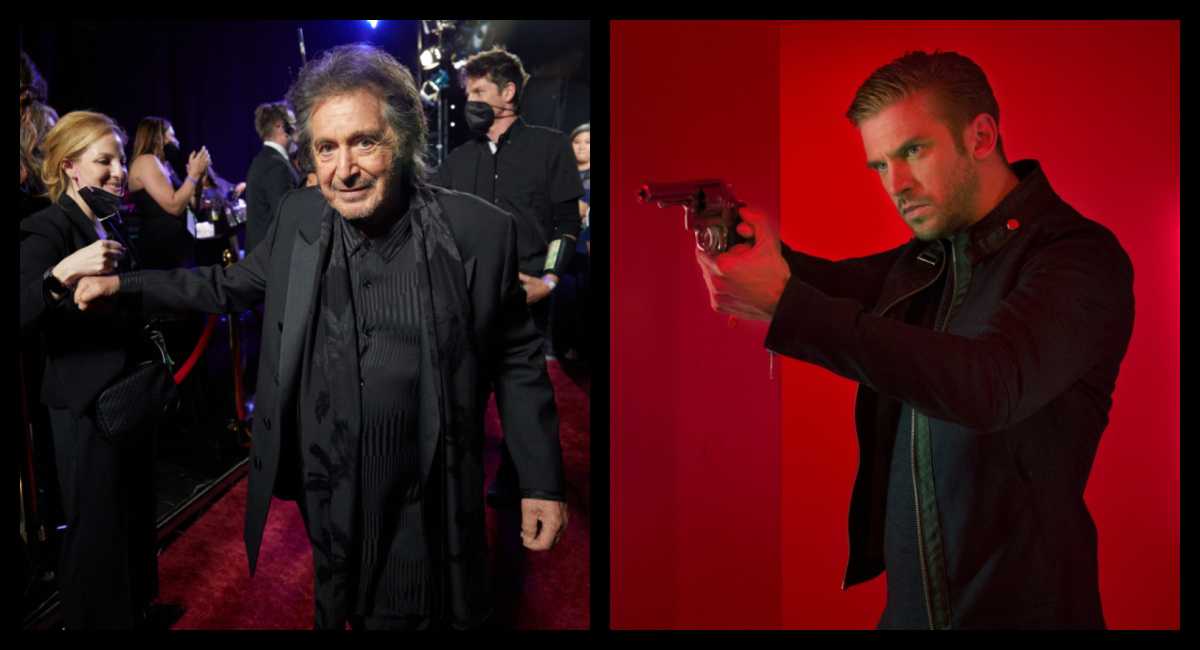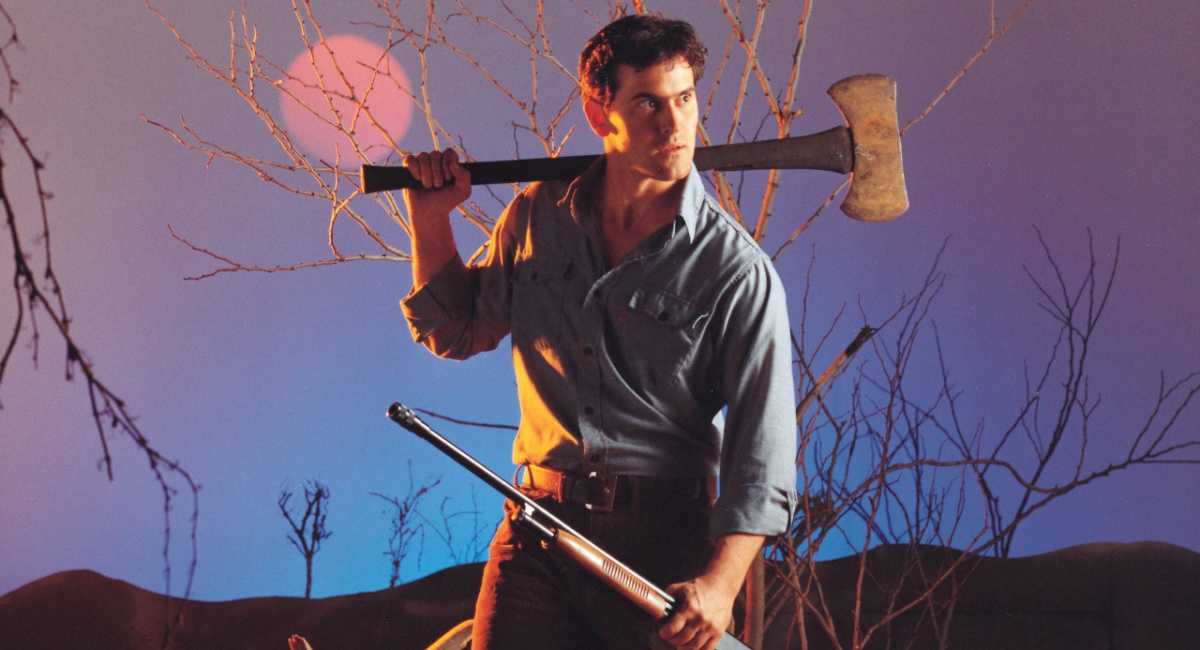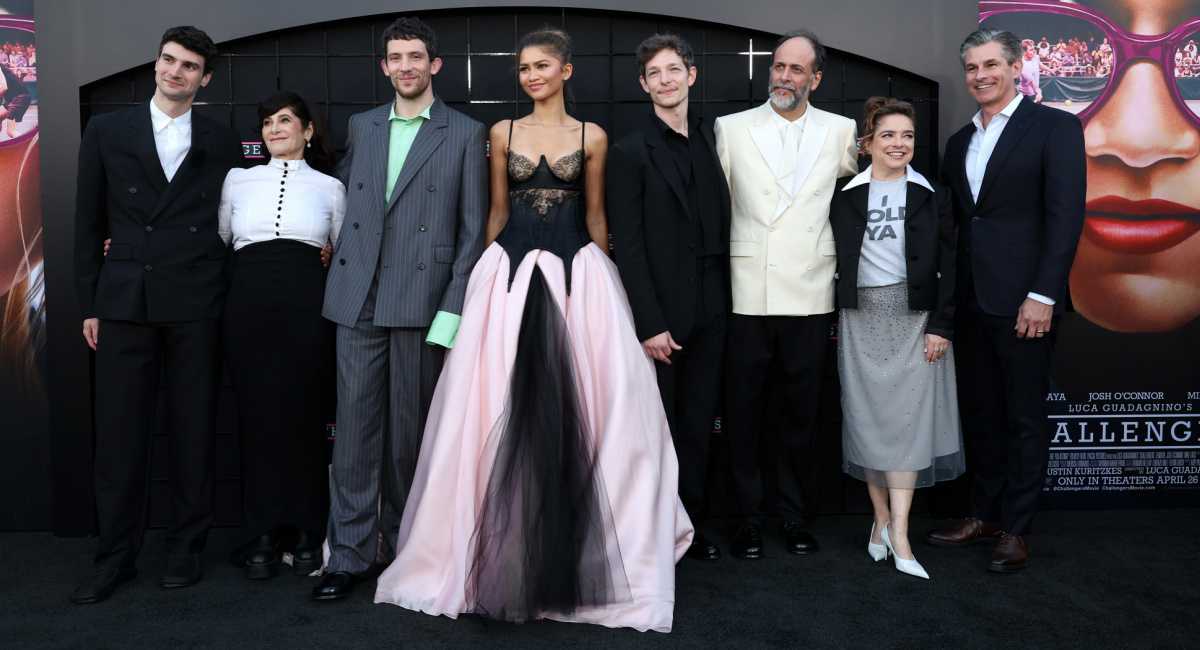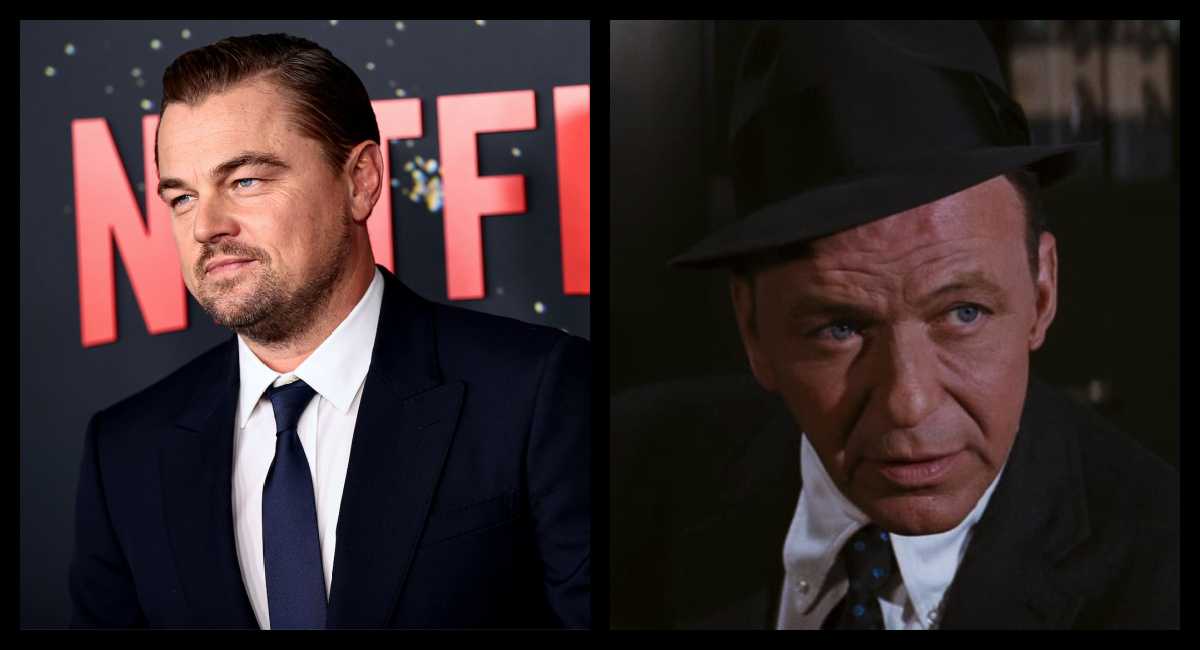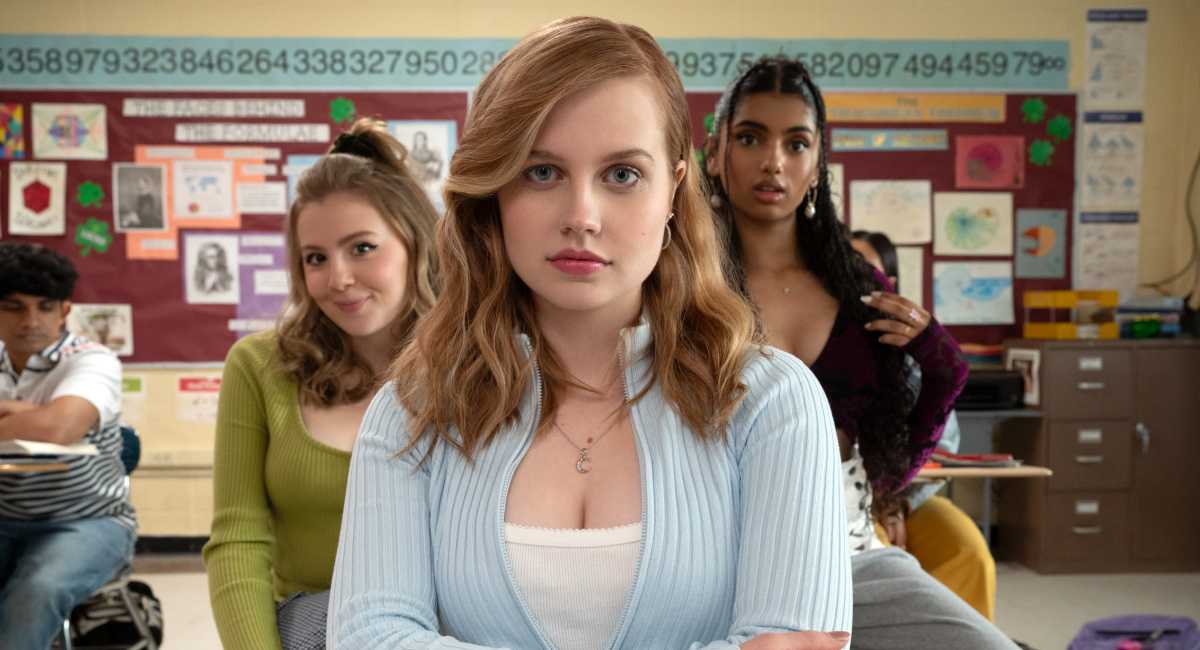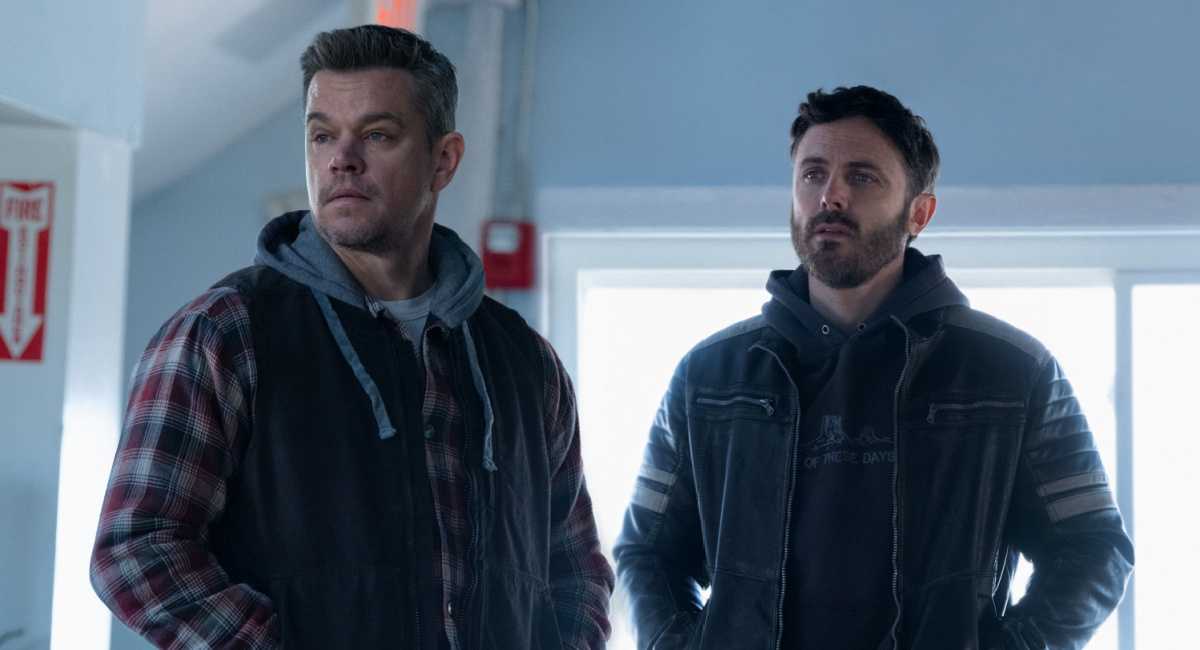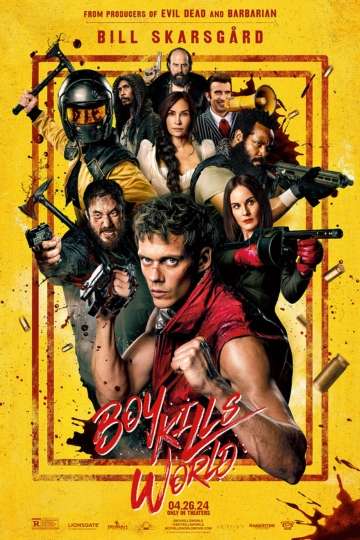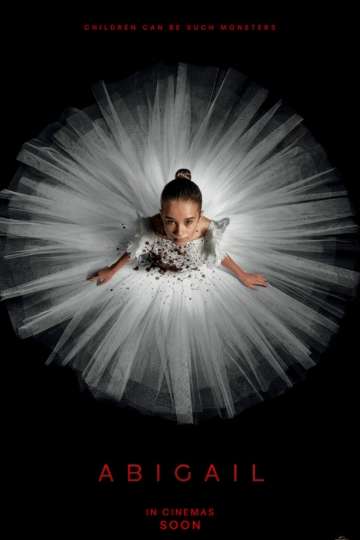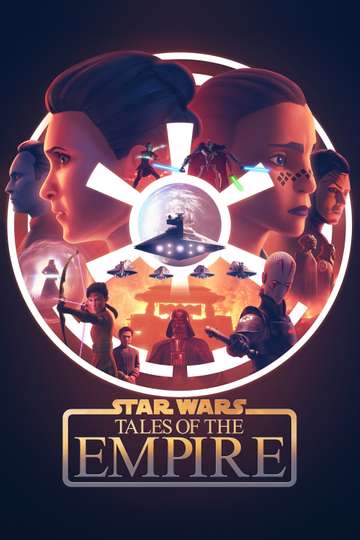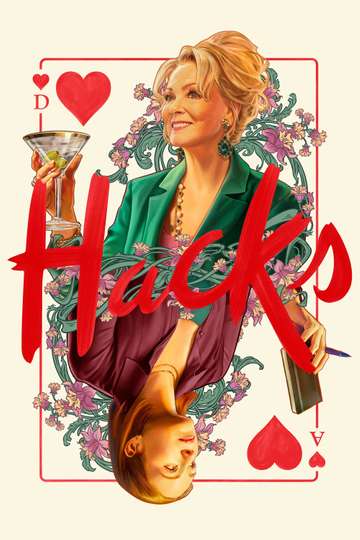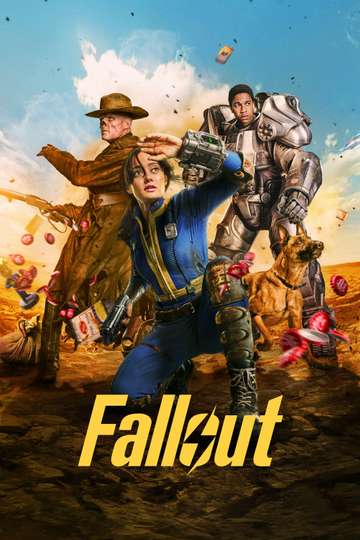The Best Shows That Embody Edutainment
Remember the lawyer-level debates you had with your mom when you were a kid? Like how strawberry ice cream must be good for you because it's both a dairy and a fruit?
The joy of being an adult is that you're only debating with yourself. And at long last, you can finally win the argument that TV is good for you -- at least, you can if you watch some of the best edutainment the tube has to offer.
'MythBusters' (2003 - 2016)
For 13 years of glorious reality TV, MythBusters" crew answered all the questions you didn't know you wanted answered in the first place, like: "Would the skydiving stunts from 'Point Break' actually work?" "Can a snowplow cut through a car?" "Can you fold a piece of paper more than seven times?"
As you might've guessed, it wasn't the answers that were important -- it was the process of discovering them. As Adam and Jamie constructed insane contraptions and held crazy field tests to prove or disprove just about every urban myth under the sun, viewers learned about everything from physics to robotics to biology along the way.
Plus, there were explosions. Lots and lots of explosions.
'Cosmos' (1980) and 'Cosmos: A Spacetime Odyssey' (2014)
It's one thing to know how short human history has been in the context of earth's lifespan; it's another thing to see it play out on your TV screen. But that's exactly the gift astronomer Cosmos" when he visually walked through the "cosmic calendar," starting with the Big Bang on January 1st, strolling through the dinosaurs and the growth of the first flower, and squeezing humanity and the written word into the final 10 seconds of the year. "Cosmos" is more than just a complete science course over 13 episodes -- though it does span sciences from chemistry to cosmology -- it's also a visual treat from a very human tour guide who talks about science the way a poet talks about love.
In fact, the original 1980 show had such an impact that Cosmos: A Spacetime Odyssey" has the same mix of raw data and reverence as the original, but with updated scientific discoveries and flashier CGI. Way more fun than dissecting a frog.
'TED Talks' (2006 - )
"TED Talks" are the potato chip of edutainment -- you can't have just one. The format is perfect for snackable viewing: Some of the world's most exciting minds present their passions in the most engaging ways they can squeeze into an 18-minute time limit. Everyone from Bill Clinton to Bono has showed up, and they monologue about nearly everything -- TED stands for "Technology, Entertainment, Design," so it casts a very wide and very smart net.
Whether you want to learn about rebuilding Rwanda, how DNA was discovered, 10 ways the world could end, or how to foster habits scientifically proven to boost your happiness, you can stream "TED" -- for free -- just about anywhere. Go ahead and have just one more.
'The Big Bang Theory' (2007 - )
Yeah, "The Big Bang Theory" is a sitcom about socially awkward young professionals getting by in L.A. But those socially awkward young professionals just happen to be physicists. And while saying "Bazinga" or playing a game of rock, paper, scissors, lizard, Spock won't make you any smarter, digging into a show that makes physics cool might just spark your intellectual initiative.
Take it from people like Institute of Physics spokesperson Joe Winters, or Alex Cheung of physics.org -- both told The Guardian that, as early as 2011, they believed the show was genuinely drumming up interest in physics education. So there you have it -- sitcoms are officially good for your brain.
Sources
- Browse All TED Talks: Oldest
- The Guardian: 'Big Bang Theory' Fuels Physics Boom
- Stream Netflix's 'TED Talks' Now, Because They'll Be Gone in a Month
- 'MythBusters' Finale Is More than the End of a Series, It's the End of Minutia TV
- The 20 Best Myths Tested on 'Mythbusters'
- DVD Review: Carl Sagan's 'Cosmos'
- 'Cosmos' Review: Making Science Cool Again





